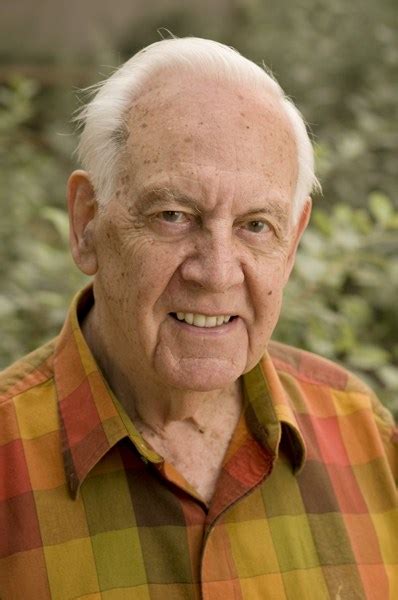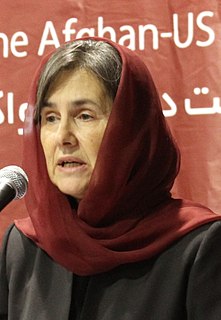A Quote by Neil deGrasse Tyson
There's no tradition of scientists knocking down the Sunday school door, telling the preacher, That might not necessarily be true. That's never happened. There're no scientists picketing outside of churches.
Related Quotes
I don't have an issue with what you do in the church but I'm going to be up in your face if you're going to knock on my science classroom and tell me I got to teach what you're teaching in your Sunday school. That's when we're going to fight... There's no tradition of scientists knocking down the Sunday school door, telling the preacher 'that might not necessarily be true.' That's never happened. There are no scientists picketing out front of churches. There's been this coexistence forever, so to have religious communities knocking down the science door, there's something wrong there.
Somebody said you have to love what you do, but that's not necessarily true. What is true is that you have to love the opportunity. The opportunity to build life, future, health, success and fortune. Knocking on someone's door or making that extra call may not be something you love to do, but you love the opportunity of what might be behind that door or call.
I don't think any administration, when they come in, thinks that their job is to tell the scientists what the science looks like or to be quiet about the science. Scientists need to remain true and not allow science to be politicized. Scientists are not politicians, and no politician should consider themselves to be a scientist.
Some people think that our planet is suffering from a fever. Now scientists are telling us that Mars is experiencing its own planetary warming: Martian warming. This has led some people, not necessarily scientists, to wonder if Mars and Jupiter, non signatories to the Kyoto Treaty, are actually inhabited by alien SUV-driving industrialists.
The scientists I looked up to at the beginning were not Latino. They were famous scientists of many years ago, like Madame Curie. Later, I realized that there were also, but a very few, Latino scientists. There were good ones, but very few, because there wasn't as much a tradition to be a scientist in our culture. But this is changing.
In their public statements (but not necessarily in their private statements), scientists express a generally negative attitude towards the UFO problem, and it is interesting to try to understand this attitude. Most scientists have never had the occasion to confront evidence concerning the UFO phenomenon.
My two older brothers are both molecular biologists and neuroscientists, and I feel like representing them accurately is never done in movies, and I really wanted to at least capture the spirit of a Ph.D. student whose goal and aspiration is to increase the sum total of human knowledge. That is noble. That was really, really important, to capture the three-dimensionality of scientists. Scientists fall in love, scientists have the greatest sense of humor, scientists are passionate.
The government employs scientists of many varieties in technical capacities, from estimating the environmental toxicity of a chemical to the structural soundness of a bridge. But when it comes to forming policies, these scientists and, especially, behavioral scientists are rarely at the table with the lawyers and the economists.
Scientists are people of very dissimilar temperaments doing different things in very different ways. Among scientists are collectors, classifiers and compulsive tidiers-up; many are detectives by temperament and many are explorers; some are artists and others artisans. There are poet-scientists and philosopher-scientists and even a few mystics.
My fear is that that's what's going to happen with robotics and the military. Importantly, this discussion has to involve not just the scientists, but also the political scientists. It's got to be a multidisciplinary discussion. You can't have it be another repeat of what happened with the people working on the atomic bomb.



































